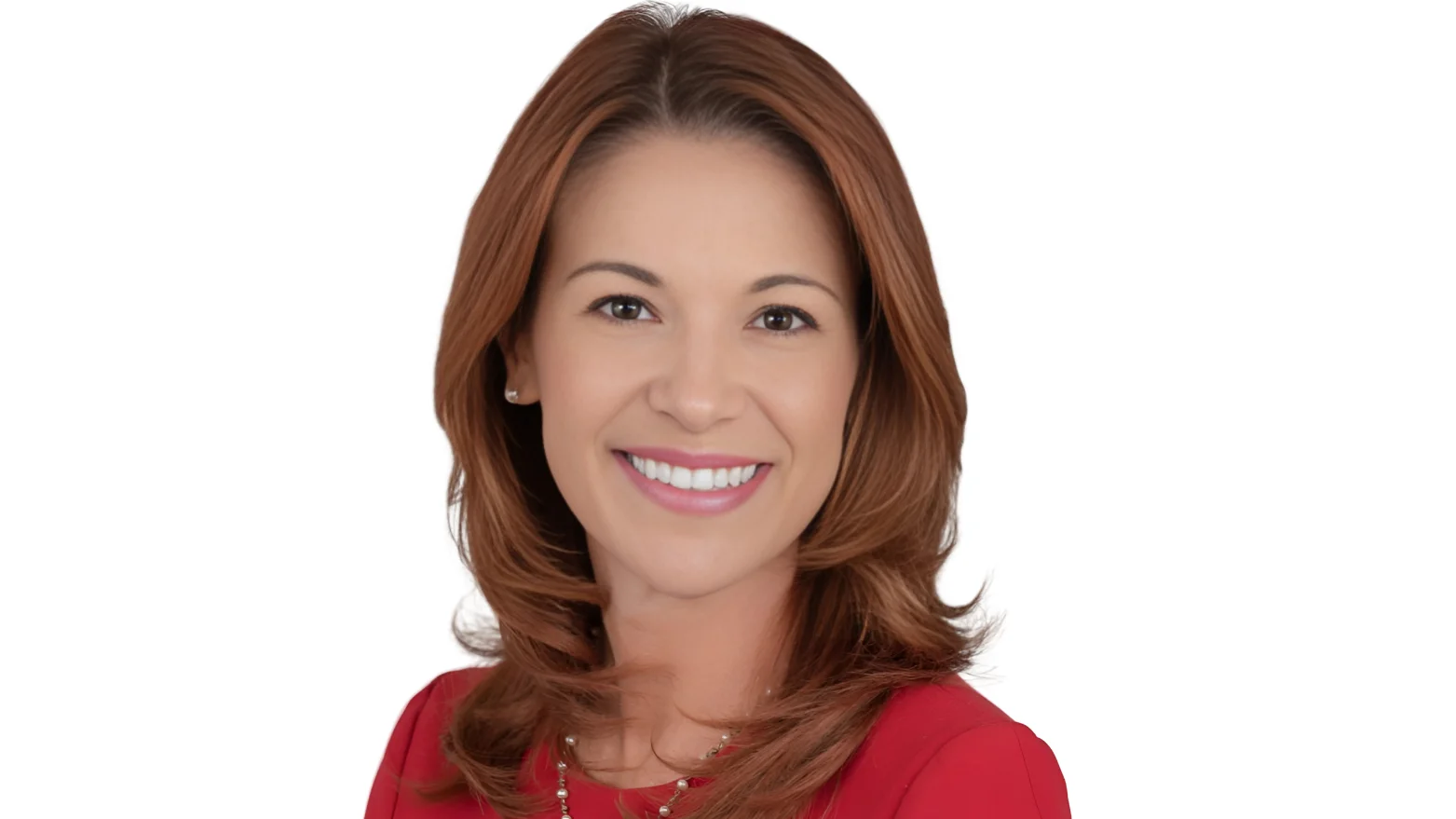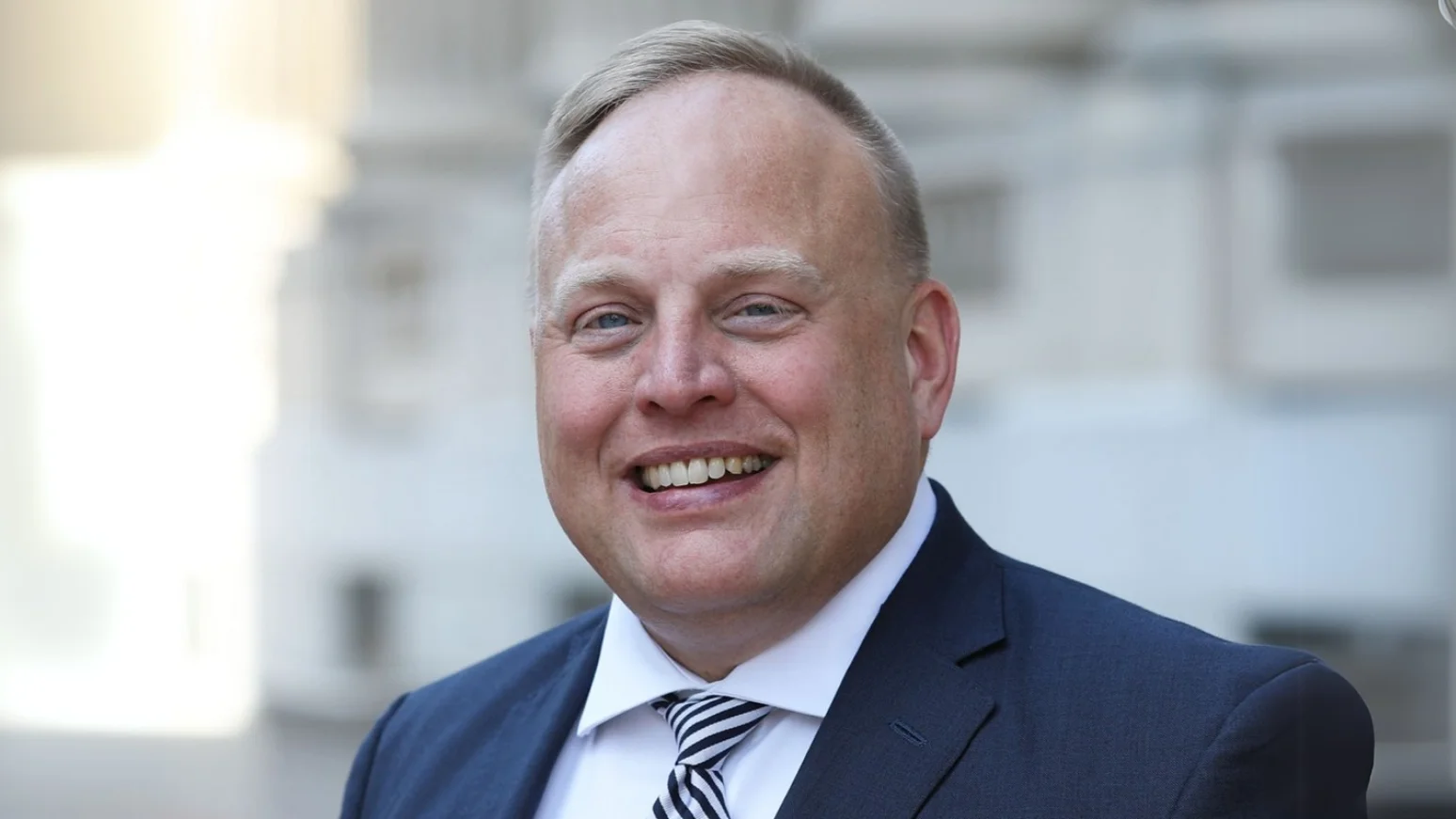
Rebecca Koenig Interim Senior Editorial Director | EdSurge Research
Michigan’s Tri-Share program has now served more than 1,000 children, marking a milestone for the initiative that splits child care costs equally among working families, their employers, and the state. The program aims to ease one of the largest monthly expenses for many families.
However, some critics point out that Tri-Share has not expanded as quickly as hoped. Launched nearly five years ago, Michigan originally set a goal to reach 7,500 children in 5,000 households by 2028. While growth has been steady but modest in Michigan, other states have begun to adopt similar models. By late 2023, Kentucky, New York, and North Carolina were piloting or developing versions of Tri-Share. Since then, Ohio, West Virginia, Connecticut, North Dakota, Indiana, and Missouri have introduced their own adaptations.
Tri-Share is seen as an appealing approach in politically conservative or mixed states where large-scale public child care programs are less likely to be implemented due to concerns about tax spending.
Despite its spread to new states, some question whether Tri-Share is the best use of resources. A recent report from The Century Foundation suggests that funds could be better spent elsewhere to support early childhood educators and improve access for families and children.
“I totally get why this program is interesting to states. They’re trying to get the most bang for their buck, to lower prices for families,” says Lea Woods, senior policy associate at The Century Foundation and author of the report. But she adds: “it’s probably not the best way to make child care more affordable for families.”
Woods identifies four main issues with Tri-Share: it does not increase the supply of child care; uptake remains low due to limited funding and eligibility; there may be better ways for states to invest their money; and tying benefits directly to employment may not be ideal.
State officials acknowledge these challenges but defend the value of Tri-Share. “It’s been a mixed bag up to this point,” says Charles Aull, vice president of policy at the Kentucky Chamber of Commerce. “But we still think this program has a whole lot of promise and a whole lot of potential.”
Aull notes that while supply shortages remain a problem for some families using Kentucky’s version of Tri-Share—an issue he previously discussed with EdSurge—the program was always intended to address affordability rather than access. He believes separate efforts are needed to build supply alongside cost-sharing programs like Tri-Share.
“You could do the inverse of this: What’s the point of increasing access if you can’t afford it?” he says. “You’ve gotta do both at once.”
Broad public investments in early childhood education—such as universal free child care in New Mexico or operational grants in Massachusetts—are considered unlikely in conservative states. According to Aull, Tri-Share appeals across party lines because it involves private sector participation and requires employees’ contributions.
Allie Sutherland from Northeast Indiana Early Childhood Coalition (NEIECC) faces similar political constraints in Indiana. NEIECC launched Tri-Share+ earlier this year across 11 counties after a pilot run in one county. Currently about 40 families participate; Sutherland expects numbers will double by year-end as larger employers join.
To extend benefits beyond those eligible under state-matching programs like Tri-Share+, NEIECC also operates Co-Share—a model splitting costs between employer and employee without state contribution.
Michigan is introducing Care Share for higher-income employees whose household income exceeds 400 percent of poverty level (about $128,000 for a family of four). In this model employers pay one-third while employees cover two-thirds once they surpass eligibility limits for state support.
Emily Laidlaw from Michigan’s Department of Lifelong Education says: “That’s coming really soon… Employers want to do more, and they’re becoming more and more comfortable with the Tri-Share structure.”
No one involved sees Tri-Share as a complete solution for child care challenges.
“Was it created to fix child care? No. It’s not the easy button,” says Kristina Bajtka from United Way of Northwest Michigan—which administers Michigan’s program statewide. “Is Tri-Share alone going to solve the child care crisis? Absolutely not, and Michigan never said it would.”
Bajtka points out that Michigan also invests in initiatives such as PreK for All and wage pilots for early childhood educators: “We are targeting it from many different facets… but the only thing that gets attention is Tri-Share.”
Advocates describe these programs as just part of broader efforts needed nationwide.
“This is not the be-all, end-all to help address child care,” says Aull from Kentucky. “But absent some major expansion of the federal child care program or major investments at the state level, this is a really targeted intervention that can help families.”





 Alerts Sign-up
Alerts Sign-up